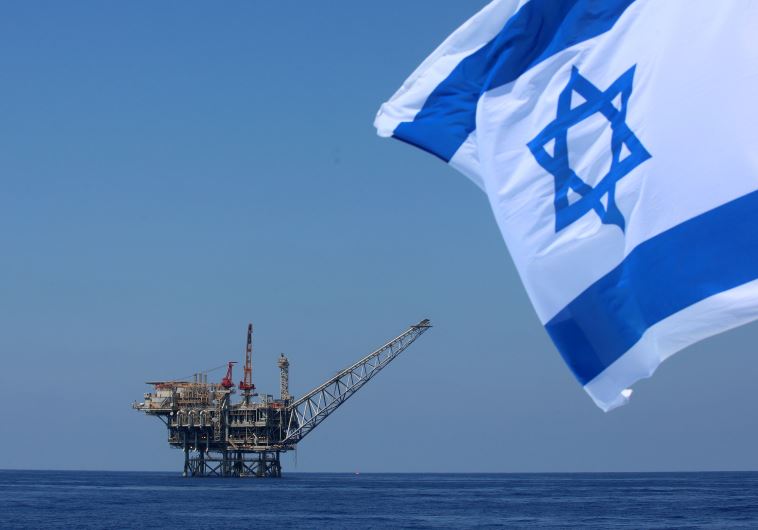Sending Israeli gas through Turkey unlikely to improve bilateral relations, expert says
BESA director to ‘Post’: Turks need to diversify energy sources from Iran and Russia
 Israel Navy missile ship patrols near gas field(photo credit: MARC ISRAEL SELLEM/THE JERUSALEM POST)Updated:
Israel Navy missile ship patrols near gas field(photo credit: MARC ISRAEL SELLEM/THE JERUSALEM POST)Updated: